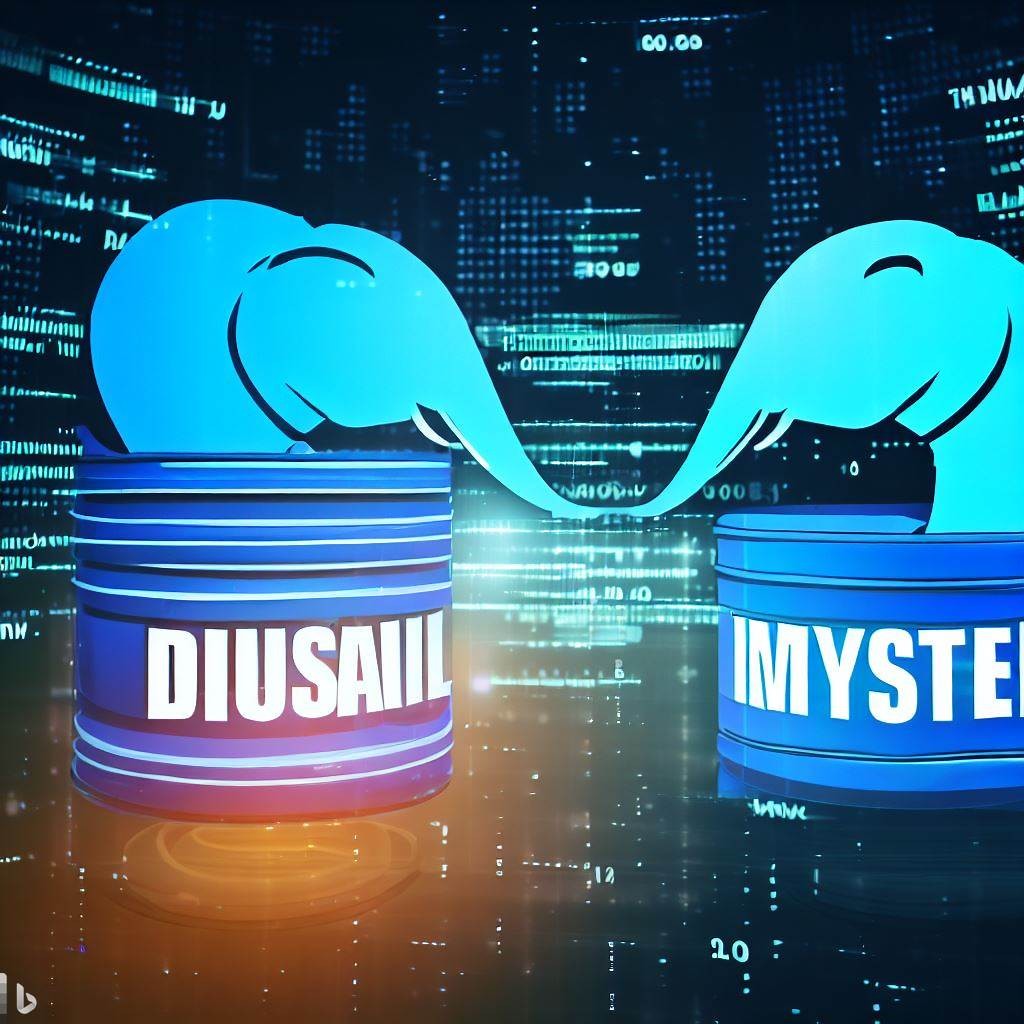


MySQL and PostgreSQL are both leading database technologies built on a foundation of SQL: Structured Query Language. SQL forms the basis of how to create, access, update, and otherwise interact with data stored in a relational database. While MySQL has been the most popular platform for many years, PostgreSQL is another major contender. Many database administrators and developers will know both technologies, which are much more similar than they are different. You can learn more about the history of SQL and how the various “flavors” came to be by watching this brief video: Depending on what you’re trying to create, the data you’re trying to manage, and your own background as a programmer or analyst, you may find one language preferable over the other. But in terms of popularity and marketability, both are widely used, with MySQL maintaining the advantage here. Compared to PostgreSQL, MySQL has the largest market share and, therefore, the most job opportunities. Here’s what you need to know about MySQL vs. PostgreSQL — the differences, benefits, and disadvantages — as well as some basic information about SQL and database platforms.
Example 1: Database type and SQL compliance Show how PostgreSQL and MySQL have different database types and SQL compliance levels and how they affect the way you store and query data. For instance, PostgreSQL is an object-relational database management system (ORDBMS), which means it supports both relational and non-relational data typeshttps://www.geeksforgeeks.org/difference-between-mysql-and-postgresql/. MySQL is a relational database management system (RDBMS), which means it only supports relational data typeshttps://www.geeksforgeeks.org/difference-between-mysql-and-postgresql/. PostgreSQL is also more SQL compliant than MySQL, which means it follows the SQL standard more closely and supports more featureshttps://www.geeksforgeeks.org/difference-between-mysql-and-postgresql/https://phoenixnap.com/kb/postgres-vs-mysql.
• Example 2: Performance and scalability Show how PostgreSQL and MySQL have different performance and scalability characteristics and how they suit different types of applications. For instance, PostgreSQL is widely used in large systems where read and write speeds are crucial and require execution of complex querieshttps://hackr.io/blog/postgresql-vs-mysql. MySQL is widely chosen for web-based projects that require a database simply for data transactionshttps://hackr.io/blog/postgresql-vs-mysql. PostgreSQL can perform master-slave replication and other types of implementation can be put into practice using third-party extensionshttps://www.geeksforgeeks.org/difference-between-mysql-and-postgresql/. MySQL uses master-master replication and can perform master-slave replicationhttps://www.geeksforgeeks.org/difference-between-mysql-and-postgresql/.
• Example 3: Security and community support Show how PostgreSQL and MySQL have different security and community support features and how they affect your development experience. For instance, PostgreSQL offers native SSL support for connections for encryptionhttps://www.geeksforgeeks.org/difference-between-mysql-and-postgresql/. MySQL has a lot of security features built-in and it is highly securehttps://www.geeksforgeeks.org/difference-between-mysql-and-postgresql/. PostgreSQL has a very strong and active community that works to improve existing features and cement its place as the most advanced databasehttps://hackr.io/blog/postgresql-vs-mysql. MySQL has a large and loyal user base that offers a lot of resources and tutorialshttps://www.ibm.com/cloud/blog/postgresql-vs-mysql-whats-the-difference.
0 comments